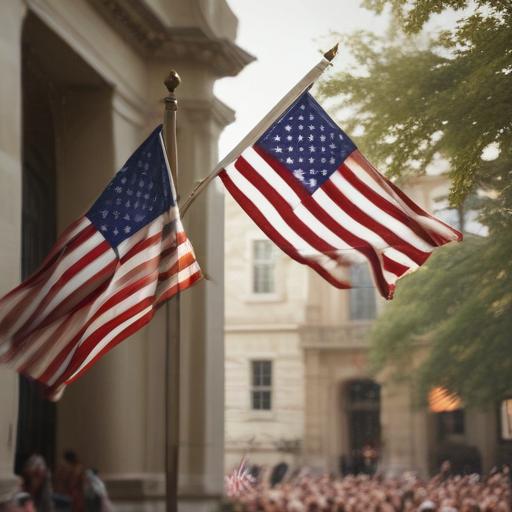As the Fourth of July approaches, excitement fills the air with fireworks and barbecues as Americans prepare to celebrate this significant national holiday. The tradition traces back to July 4, 1776, when the Declaration of Independence was signed, marking the birth of the nation. However, it wasn’t until after the War of 1812 that the annual observance became more prevalent, as cities began organizing events to coincide with the holiday festivities.
By the 1870s, Independence Day emerged as the most significant nonreligious holiday in America, leading Congress to designate it as a federal holiday on June 28, 1870. As the country gears up for celebrations, it’s essential to note the historical significance of this day and the towns that have made noteworthy contributions to Fourth of July traditions.
Notably, Bristol, Rhode Island, holds the title for the oldest continuous Fourth of July celebration in the United States. The city’s festivities began in 1785, initiated by Revolutionary War veteran Rev. Henry Wight, who conducted the first patriotic exercises to honor military veterans. Although the exact origins of the parade are unclear, it likely evolved from these early gatherings.
Bristol’s celebrations are extensive, starting as early as June 14 with a Flag Day ceremony and followed by concerts at Independence Park and a variety of engaging events. The grand finale includes a 2.5-mile Military, Civic, and Firemen’s Parade, subject to vibrant displays from local residents, who often arrive before dawn to secure prime viewing spots.
For the upcoming Fourth of July in 2025, Bristol’s celebration will commence with fireworks over Bristol Harbor at 9:30 p.m. on July 3, followed by the parade on July 4 at 10:30 a.m., promising a memorable experience for all attendees.
As communities across the nation prepare for this special day, the spirit of patriotism and unity persists, reminding everyone of the enduring legacy of freedom and independence. This year, like those in the past, will serve as a celebration not only of history but also of the shared future of the nation.
